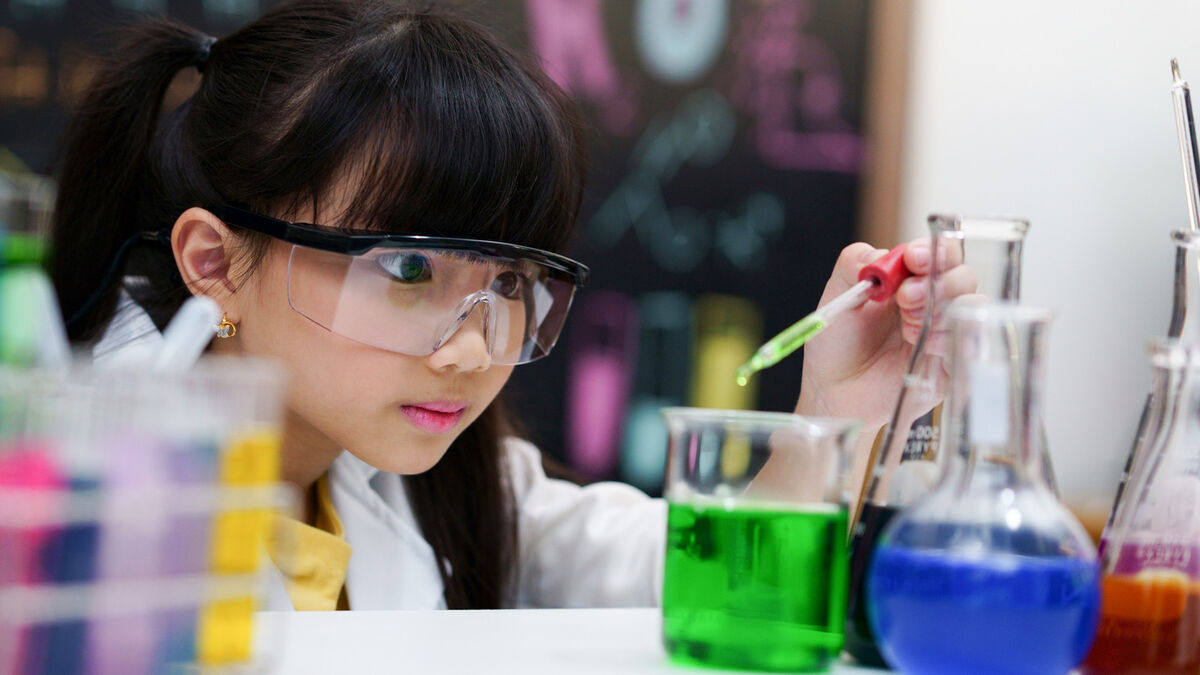
The world is full of variables. Science experiments study these different types of variables to find cause and effect relationships. Explore different variables you can expect in your experiments.
Different Types of Variables in Science
As a budding scientist, you want to learn about the world around you. To do that, it is important to explore cause and effect relationships. You even try to predict what will happen through your hypothesis. To test your hypothesis, you need an experiment with a variable.
Variables are the factors, traits, and conditions you can modify and measure. You’ll find different variables in all types of subjects. But, the most common variables found in a science experiment include dependent, independent, and controlled. Check out what each is through examples.
Independent Variable
In an experiment, you need some type of control. Being able to modify a variable is important to study the effects. The variable you control is called your independent variable. Speaking of cause and effect, the independent variable is your cause.
This variable doesn’t rely on any other variables. It is like an adult in that it is free from outside control of the other variables. Examples of independent variables include:
- In an experiment to see what brand of diapers hold the most liquid, the independent variable is the brand.
- In an experiment studying plant growth in different types of soil, the independent variable is the soil.
Dependent Variables
The dependent variable is your effect. When it comes to an experiment, dependent variables are what you change or measure. It is dependent on your other variables. For example:
- In the diaper experiment, the dependent variable might be how much liquid you add to the diapers to see their liquid capacity.
- In the plant experiment, the dependent variable would be the growth of the plant. It is going to change depending on how you change the independent variable (soil) or amount of light.
Control Variables
When doing a science experiment, some variables need to remain constant. These are your control variables. By keeping a variable constant, you ensure your results remain accurate. If you have an experiment without a control, then you can’t be completely sure of the cause and effect. To help you understand this concept, look at our examples.
- The control variable in the diaper experiment could be the size of the diaper you use. When testing how much water the different brands can hold, you’ll want to use all the same size diapers. Varying the size of the diaper could skew your results.
- In your plant experiment, the temperature is a control variable. When testing the growth in soil, make sure to keep all the plants at a consistent temperature. Without a constant temperature, you wouldn’t be sure if it was the temperature or soil making the plant grow better.
Other Types of Variables
While the big three are typically what you think about when it comes to an experiment, they are not the only variables. However, the other variables that can affect a scientific experiment are a bit harder to explain.
Intervening Variables
When it comes to intervening variables, they’re hard to define because they aren’t as straightforward as dependent, independent, and controlled variables. These variables are abstract correlations between your dependent and independent variables you can’t observe in research. For example:
- In an experiment, you find a link between having a low income and having higher heart disease rates. However, being poor doesn’t cause heart disease. Instead, an intervening variable, such as not being able to get preventative screenings or having less access to healthy foods, could be the cause.
Extraneous Variables
There are some variables you aren’t going to look at in your study called the extraneous variables. They aren’t the independent variables, but they are uncontrolled variables that might cause unintended changes to your results.
- If you are studying the growth of plants in a particular soil, you need to take into account the water you add or fertilizer used in the soil or other variables that could affect the growth.
Studying Different Types of Variables
When it comes to your science experiment, there are a lot of variables to think about. These include not only the variables you’re studying, but also the ones you aren’t. Dive more into fun science topics by looking at genetic engineering and genotypes.